Choosing the right university for your linguistics degree is a pivotal decision. A linguistics program’s quality can significantly impact your future career opportunities in fields like computational linguistics, historical linguistics, sociolinguistics, and more. This article explores the best universities for studying linguistics, offering a comprehensive guide to institutions renowned for their exceptional faculty, cutting-edge research facilities, and diverse course offerings. Whether you’re interested in theoretical linguistics, applied linguistics, or a specific language family, this guide will help you navigate the complex landscape of linguistics programs and identify the best universities to pursue your academic goals.
From renowned departments with established histories of excellence to innovative programs pushing the boundaries of the field, we’ve compiled a list of the best universities for studying linguistics worldwide. We’ll examine key factors such as faculty expertise, research output, student support, and career prospects. This article is essential reading for prospective linguistics students seeking the best universities to launch their careers in this fascinating and dynamic field. Understand the nuances of each program and discover which university best aligns with your specific linguistics interests and career aspirations.
Massachusetts Institute of Technology (MIT)

The Massachusetts Institute of Technology (MIT) offers a robust and distinctive linguistics program. Concentrating on the computational and cognitive aspects of the field, MIT provides students with a strong foundation in theoretical linguistics.
The department is known for its cutting-edge research in areas such as phonetics, phonology, morphology, syntax, semantics, and pragmatics. Students benefit from a close-knit community and have opportunities for collaboration with faculty on various projects.
Stanford University
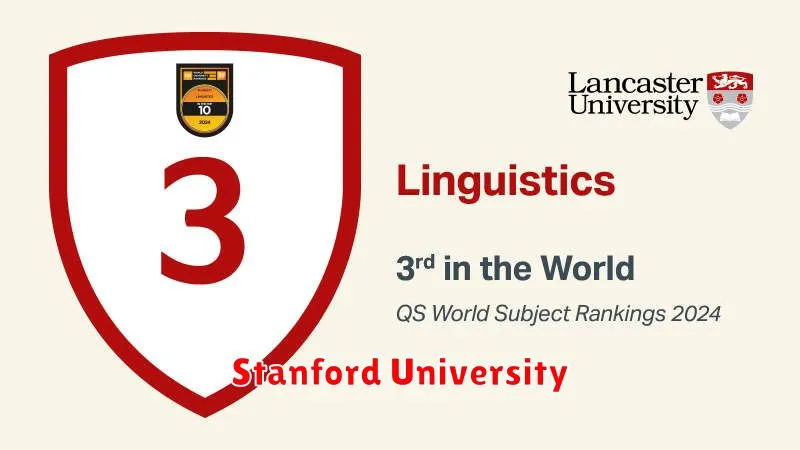
Stanford University’s Department of Linguistics offers a comprehensive and rigorous program, covering diverse areas such as phonetics, phonology, syntax, semantics, and computational linguistics. Students benefit from a renowned faculty actively engaged in cutting-edge research.
The department emphasizes both theoretical and applied linguistics, providing students with a strong foundation for various career paths. Small class sizes foster close interaction with faculty and personalized mentorship.
University of Cambridge
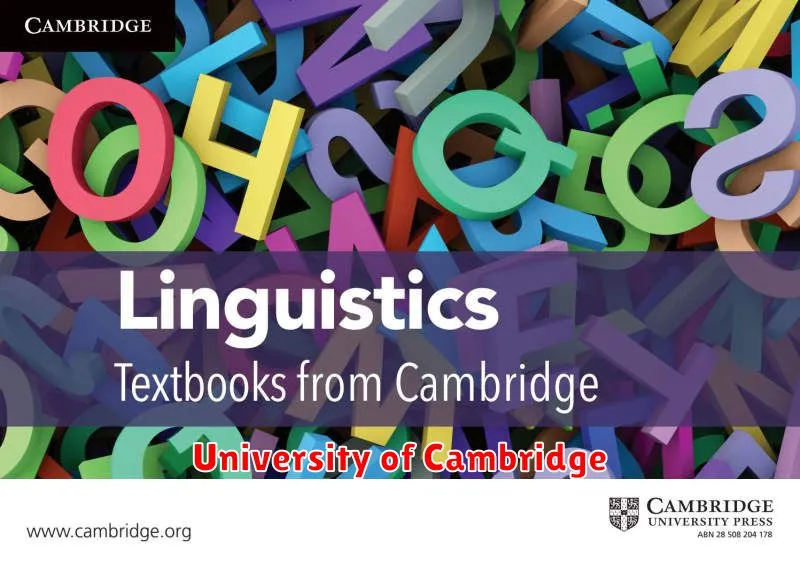
The University of Cambridge is a world-renowned institution with a rich history in linguistics. Its Department of Theoretical and Applied Linguistics offers a comprehensive range of programs, covering theoretical, descriptive, and applied linguistics.
Strengths of the Cambridge program include its strong faculty, emphasis on original research, and access to extensive resources. Students benefit from a stimulating intellectual environment and opportunities for collaboration.
Cambridge offers both undergraduate and postgraduate degrees in linguistics. The undergraduate program provides a broad foundation, while postgraduate studies allow for specialization in areas such as phonetics, phonology, syntax, semantics, and sociolinguistics.
University of Oxford
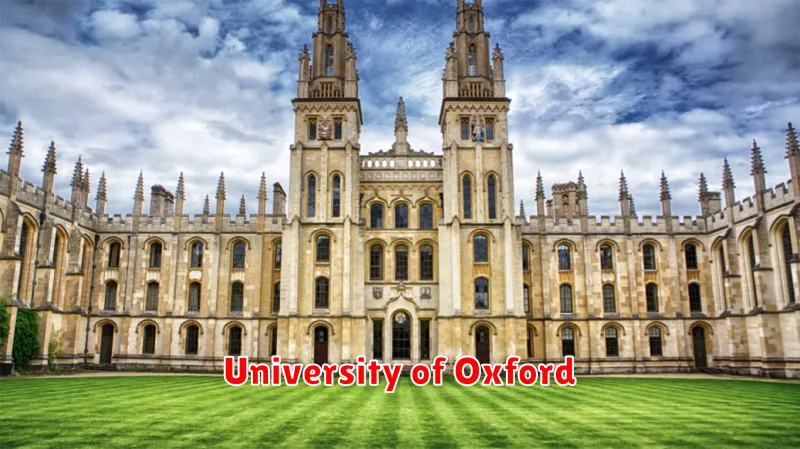
The University of Oxford is a world-renowned institution, consistently ranked among the best for Linguistics. Its Faculty of Linguistics, Philology & Phonetics offers a comprehensive range of programs, from undergraduate to doctoral levels.
Students benefit from expert faculty, rigorous curriculum, and access to extensive resources, including the Bodleian Libraries, one of the oldest and most important libraries in Europe. Research at Oxford covers areas such as phonetics, phonology, syntax, semantics, and historical linguistics.
The demanding academic environment at Oxford fosters critical thinking and independent research, preparing graduates for successful careers in academia, research, and a variety of other fields.
Harvard University

Harvard University’s Department of Linguistics offers both undergraduate and graduate programs, renowned for their rigorous curriculum and distinguished faculty. Students explore the core areas of theoretical linguistics, including phonetics, phonology, syntax, and semantics.
The department emphasizes a cognitive science perspective on language, encouraging research that connects linguistics with related fields such as psychology, philosophy, and computer science. Graduate students have access to cutting-edge research facilities and opportunities to collaborate with faculty on diverse projects.
University of California, Los Angeles (UCLA)
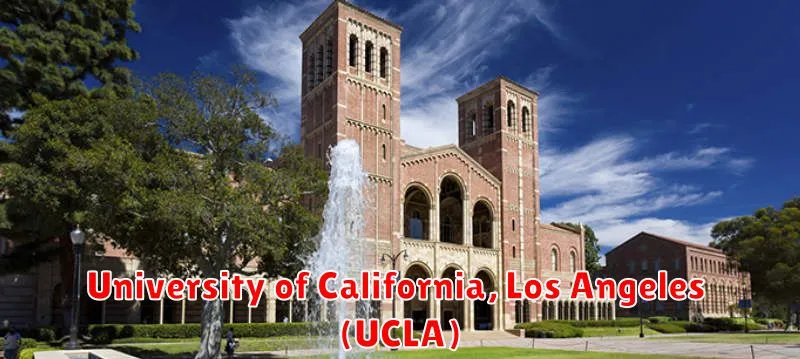
The University of California, Los Angeles (UCLA) offers a renowned Linguistics program, attracting students from around the globe. The department provides both undergraduate and graduate degrees, fostering a vibrant intellectual community.
Strengths of the program include its faculty expertise in diverse areas like phonetics, phonology, syntax, and sociolinguistics. Students benefit from cutting-edge research opportunities and access to state-of-the-art facilities.
UCLA’s location in Los Angeles provides a unique linguistic landscape for study and research. The department’s focus on language diversity makes it an ideal choice for those interested in exploring the complexities of human communication.
University of Edinburgh

The University of Edinburgh boasts a renowned linguistics program, consistently ranked among the best globally. It offers a diverse range of specializations, from theoretical linguistics to psycholinguistics and applied linguistics.
Students benefit from a vibrant research environment and access to state-of-the-art resources. The faculty comprises leading experts in their respective fields, providing students with high-quality instruction and mentorship.
The program’s flexible structure allows students to tailor their studies to their specific interests. This personalized approach fosters intellectual growth and prepares graduates for a wide range of careers.
University College London (UCL)
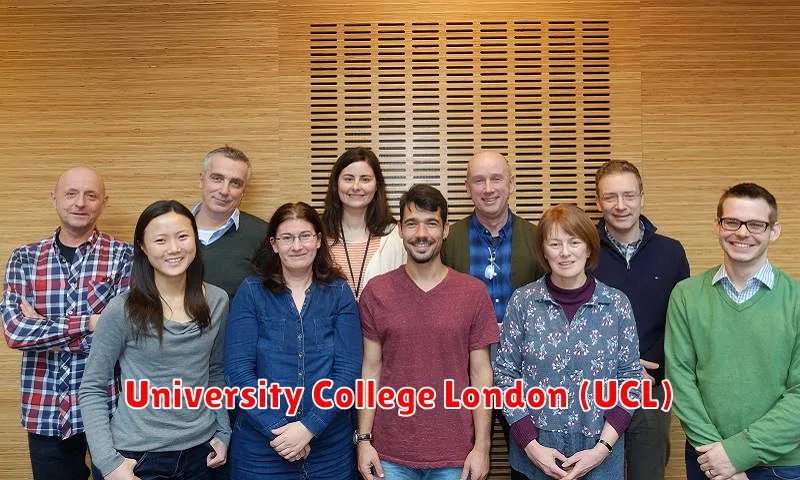
UCL’s Department of Linguistics is renowned for its research-led teaching and diverse range of programs. Students benefit from a vibrant intellectual community and access to cutting-edge resources. The department’s focus on both theoretical and applied linguistics provides students with a comprehensive understanding of the field.
Key Strengths:
- Phonetics and Phonology
- Sociolinguistics
- Cognitive Neuroscience of Language
UCL’s location in the heart of London offers unparalleled opportunities for cultural immersion and engagement with a diverse linguistic landscape.
University of California, Berkeley

The University of California, Berkeley (UC Berkeley) stands as a prestigious institution renowned for its Linguistics program. The Department of Linguistics at UC Berkeley boasts a rich history and a faculty of internationally recognized scholars. Students benefit from a comprehensive curriculum covering a broad range of linguistic subfields.
Areas of specialization include phonetics, phonology, syntax, semantics, pragmatics, historical linguistics, and sociolinguistics. UC Berkeley fosters a vibrant research environment, providing students with ample opportunities to engage in cutting-edge linguistic research. The program emphasizes both theoretical and empirical approaches to the study of language.
University of Toronto
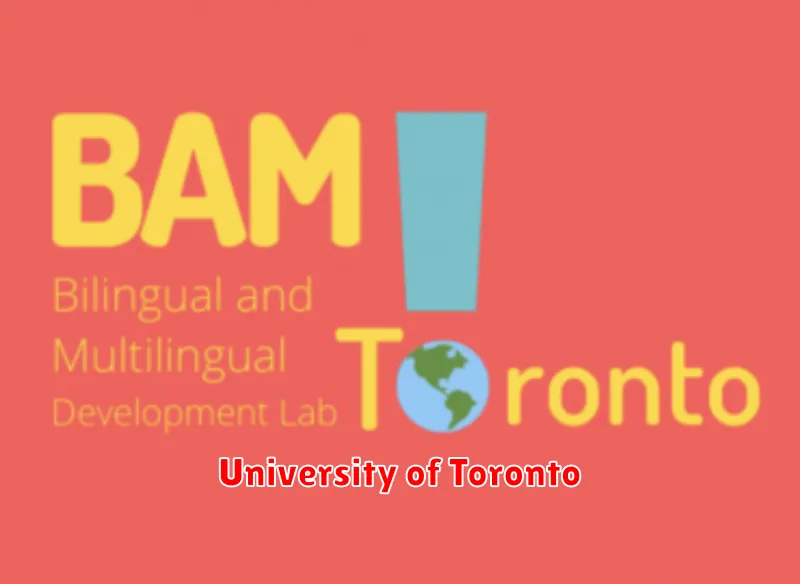
The University of Toronto is a highly ranked institution globally and boasts a strong linguistics program. Located in Canada, the Department of Linguistics offers a comprehensive curriculum covering various subfields, from phonetics and phonology to syntax and semantics.
Students benefit from a diverse faculty conducting cutting-edge research, providing ample opportunities for undergraduate and graduate involvement. The department emphasizes both theoretical and applied linguistics, allowing students to tailor their studies to their specific interests.
Degree programs offered include a Bachelor of Arts, Master of Arts, and Doctor of Philosophy in Linguistics. The program also provides opportunities for specialization in areas such as computational linguistics and psycholinguistics.

